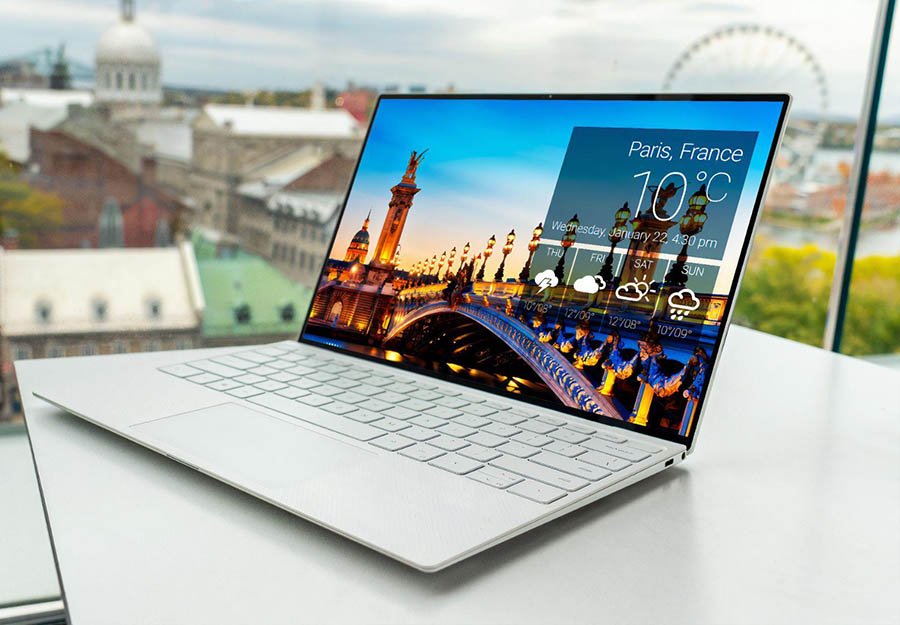It’s a common scenario: your computer begins to slow down with unresponsiveness and long load times, making the simplest tasks frustrating. That’s when you ask yourself — what’s the best way to speed up my computer?
Understanding why your computer starts to slow down and how to fix the problem can seem like a daunting task. Happily, it’s not. This guide will show you how to fix a slow PC, with easy-to-follow steps that can be done in minutes, delivering instant results!
1. Identify the software that makes your computer sluggish
It is best to assess your memory allowance and daily usage and compare that data to the memory requirements of those programs you use most frequently if you rely on software that consumes a lot of memory and processing power. High-level apps that launch automatically and run in the background occasionally hog your memory, or perhaps a program you opened but forgot to close. Your computer can run faster and even have extra room on the drive if these programs are removed or closed.
2. Verify your internet connection and web browser
Check to see if you have the most recent version of your web browser if you notice that your computer is operating slowly. There will be an About selection to show you the version number, albeit the location of the information differs by browser. Enable the option to automatically install updated versions if it exists. Too many extensions and add-ons might make your online browsing sluggish. Again, depending on your browser, you should be able to delete any unwanted add-ons or extensions from a menu that is labeled Add-ons or Extensions.
3. Run a HDD Defrag
In contrast to a solid state drive (SSD), a hard disk drive (HDD) stores data in discrete chunks across the disk. As a result of use and time, relevant data can become dispersed across the entire disk. When you start a software or app, the system then needs more time to locate each piece of data and put it back together for use. By reassembling linked data fragments, defragmenting (or “defragging”) your HDD can accelerate this procedure and cut down on the time it takes the system to locate the required data.
4. Determine the hardware that can make your computer run slowly
A dated computer can feel like new again by identifying and upgrading any outdated hardware. A new computer can be substantially more expensive than an upgrade.
The two major components of computer hardware most closely associated with computer speed are the storage drive and memory (RAM). When you have insufficient memory, you won’t have the resources to execute several programs, and even recently defragmented storage drives can cause a computer to perform slowly.
5. Invest in a solid state drive to increase your storage
The stuff you use every day, such your operating system, programs, documents, images, and music, are kept on your computer’s storage disk. Consider this to be the long-term memory of your machine. It is a location to store files you wish to maintain, even while your computer is off, similar to a traditional file cabinet. The performance of your computer will suffer if your storage disk becomes outdated or runs out of space.
6. Increase your RAM
Your RAM serves as short-term storage, temporarily storing current data so that it may be accessed quickly, in contrast to the long-term storage of your SSD or hard drive. Consider it to be a desktop area where you have organized the documents, notes, and tools you are now utilizing.
You use memory every time you do one of the following things:
- Using the mouse
- launching tabs in your internet browser and switching between them
- composing an email
- spreadsheet design
- photo or video editing
- playing games, watching videos, or listening to music
To speed up a slow computer, you don’t need to make any significant adjustments. You can achieve quick and long-lasting outcomes by making a few tiny, doable changes. Your PC will run quicker thanks to these modifications and upgrades, which will eventually help you save time, worry, and money.
Author bio: Paula Napolitano is a Product Sales Manager for Wisetek Store, an e-commerce portal for refurbished laptops in Ireland, refurbished tablets, and much more.


